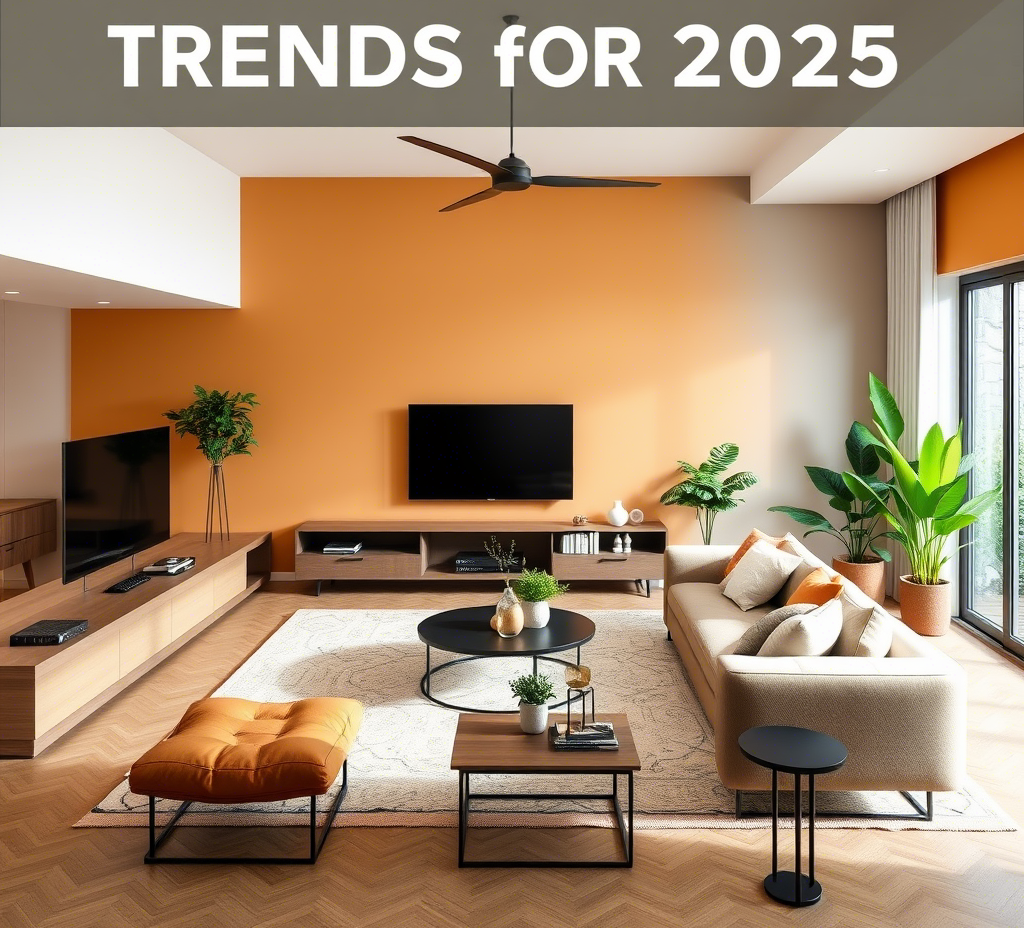- Sustainability and Energy Efficiency
- Integration of Smart Technology: Homes will increasingly incorporate smart devices and AI-driven systems to optimize energy use, such as smart thermostats, automated lighting, and energy-efficient appliances.
- Solar and Renewable Energy: Adoption of solar panels, solar roof tiles, and wind turbines will rise, making homes more energy-independent and eco-friendly.
- Outdoor Living Spaces
- Functional and Aesthetic Outdoor Areas: There will be a surge in creating beautiful and functional outdoor living spaces, including patios, decks, and gardens, equipped with smart lighting, heated floors, and sustainable materials.
- Health and Safety Features
- Air Quality and Safety: Enhanced focus on air purification systems, antimicrobial surfaces, and improved insulation to ensure healthier living environments.
- Smart Home Security: Integration of advanced security systems, including cameras, alarms, and access control, with smart home platforms for maximum protection and convenience.
- Space Optimization and Customization
- Modular and Adaptable Designs: Use of modular furniture and adaptable design elements to allow easy reconfiguration of living spaces, catering to changing needs.
- Innovative Storage Solutions: Clever use of vertical space, Murphy beds, and foldable furniture to maximize space efficiency, especially in urban areas.
- Circular Economy Principles
- Sustainable Materials and Practices: Increased use of recycled and reused materials in home renovations to minimize waste and promote sustainability.
These trends reflect a convergence of technological advancements, environmental consciousness, and evolving lifestyle needs, shaping the future of home improvement in 2025.


